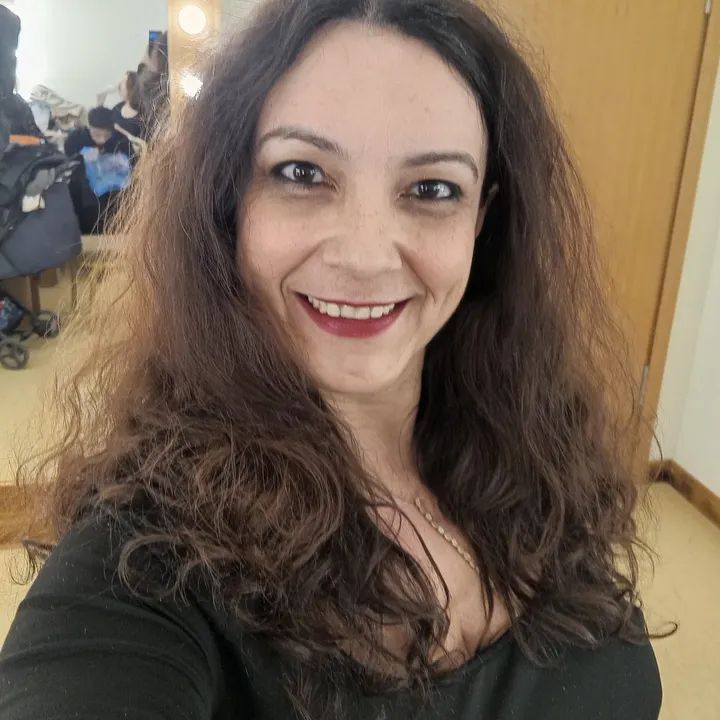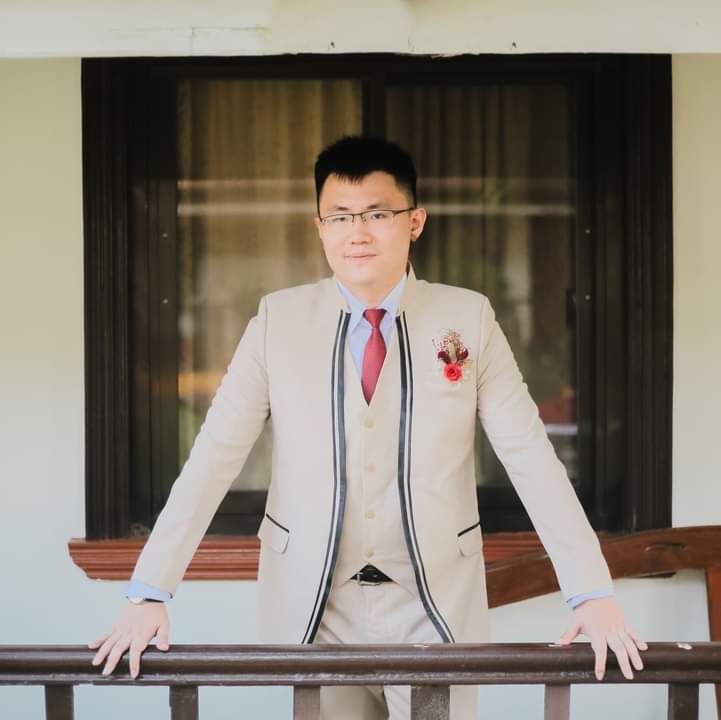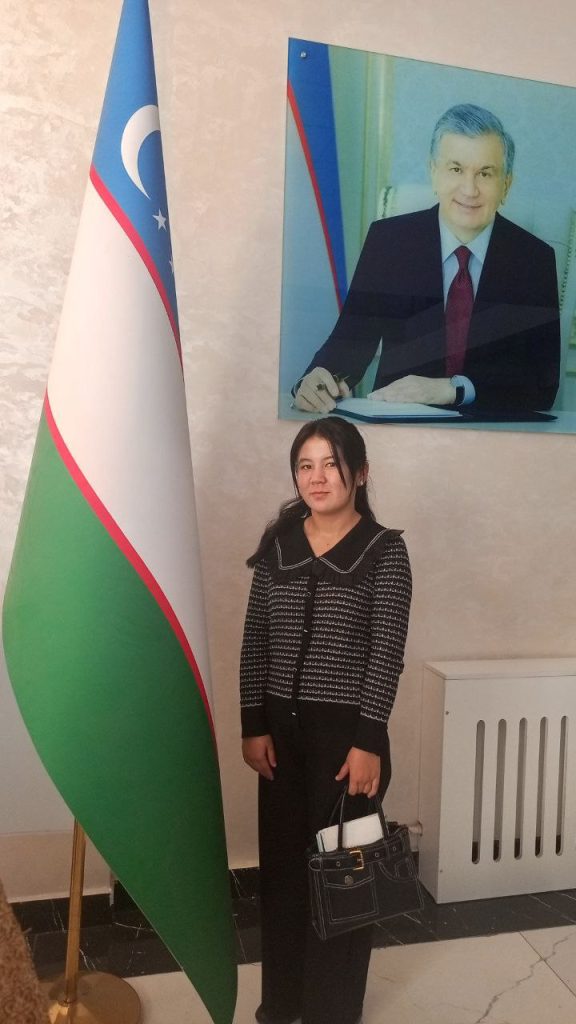
YOU TAUGHT ME HOW TO LOVE
I thought I knew how people love.
But I was mistaken.
While I was wandering, searching to find you,
you were walking the very same path—
pausing at different places,
treading the same ground,
searching too, just as desperately.
And when I found you, I believed
that I knew more about love than you,
that I would be the one to teach you
what it truly meant.
But I was wrong.
You taught me how people love!
Without ever speaking the words.
Without ever demanding a thing.
You taught me how to step outside
the castles I had fortified myself within,
how to shatter my foolish pride into pieces—
simply because standing beside you
was my only choice.
…..
2
The Handcuffs of Love
That night, you were beside me.
And I was proud to be at your side.
No one knew about us.
Nor did anyone care to know.
You were beside me, yet I could not touch you—
except with my eyes.
And you embraced me with yours—
protectively, claiming your place next to me,
unwilling to let anyone take it away.
Nor did I wish it so.
And though you had placed no handcuffs on me,
I was bound to you.
Then you followed me,
and you led me to the Palace of Love—
where you could fasten me with your own handcuffs,
as if you wished I would never leave your side.
“Release me!” I cried to you.
And you searched for a way to set me free.
Yet when you freed me,
I bound myself to you even tighter—
for you had managed to imprison
both my body and my soul,
with handcuffs I had locked myself.
….
3
INEVITABLE
Some say that people meet by chance in life.
That by chance they fall in love
and bind themselves by Fate’s own knot.
Parallel roads
that at some point finally converge.
And I wonder how all those that you desired
had already been mine,
long before I ever knew you.
Perhaps that is what made our union
something…
Inevitable.
…….
4
FAITH
I trusted you from the very first moment.
I believed in you—
even when my reason screamed for me to leave.
I believed in you,
as if I were a lost fragment of your soul.
I felt the cry of your heart,
even though you were silent,
even though you claimed you had settled.
Free hearts do not settle
for conventional bonds.
They crave openness. Growth. Play. Variety.
But more than anything,
they crave Faith—
as all things do.
It is faith that keeps the flame alive,
that makes it grow
even under adverse conditions.
And if it falters for a moment…
let it always smolder—
so that with a single breath of hope
it may return,
just as strong as before…





